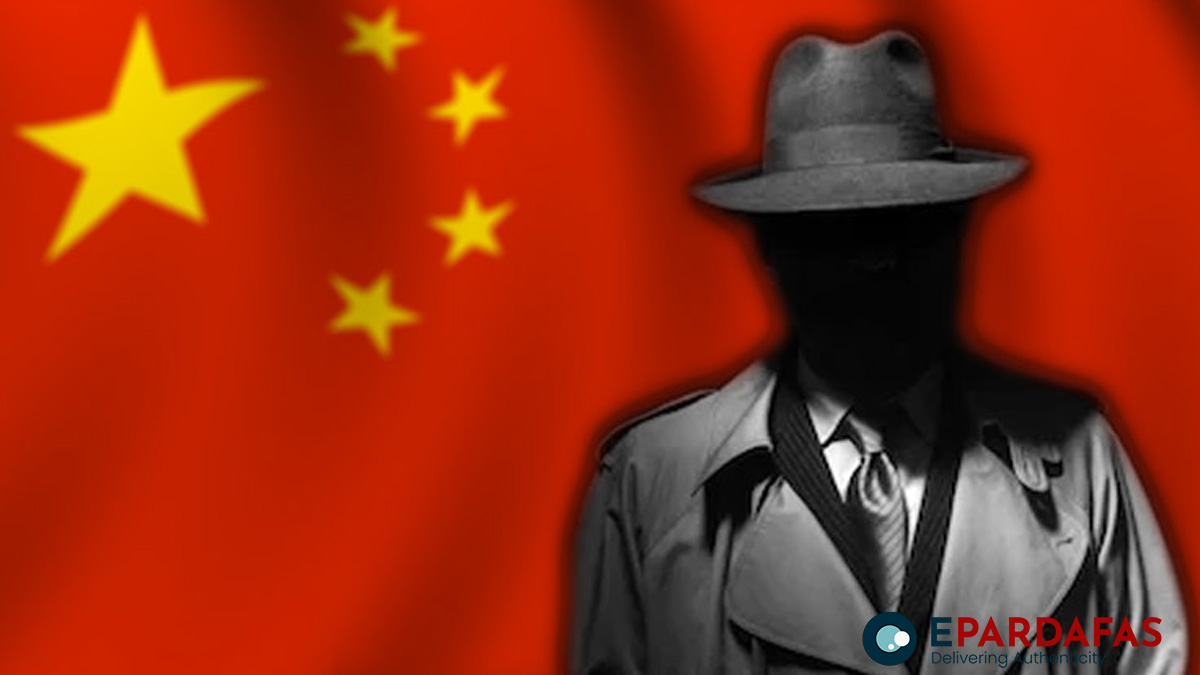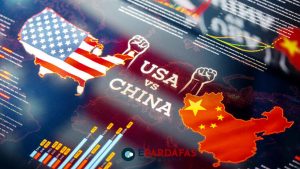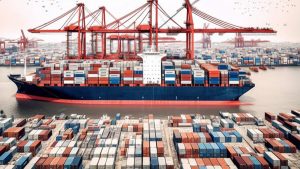
New Zealand Spy Agency Warns of China’s ‘Complex’ Intelligence Threat

New Zealand’s spy agency has labeled China a “complex intelligence concern” in its latest threat assessment, highlighting the Pacific nation’s vulnerability to foreign interference. The New Zealand Security Intelligence Service (NZSIS) released its annual threat report on Tuesday, identifying several countries engaged in “malicious activity” within New Zealand, with China singled out for its “complex and deceptive” tactics.
The report accused Beijing of using front organizations to infiltrate local groups and replace authentic community views with narratives aligned with the Chinese Communist Party. One notable example involved a Chinese-language news outlet in New Zealand that echoed Beijing’s official stance.
“These front organizations will often appear to be community-based,” the report stated, “but their true affiliation, direction, and funding sources are hidden.”
The unusually direct language reflects a shift in New Zealand’s foreign policy under its recently elected center-right government, which is aligning more closely with traditional Western allies. This pivot comes after years of deepening economic ties with China, New Zealand’s largest trading partner.
In March, Wellington publicly attributed a 2021 cyber-attack on sensitive government systems to a Chinese state-sponsored group. Beijing denied the hacking allegations, dismissing New Zealand’s criticisms as influenced by Washington.
The NZSIS report emphasized New Zealand’s geographic position and its role in the Pacific region as factors that make the country “vulnerable” to foreign influence. It also noted Russia’s monitoring of public statements and social media accounts of individuals in New Zealand and revealed an instance where an unnamed country offered to fund a local community event on the condition that a particular religious group was excluded.
Andrew Hampton, Director-General of Security, said the report aimed to raise awareness about the threats facing New Zealand, not to cause alarm. “The point is not to alarm anyone but to alert New Zealanders to the threats so that we can work together to manage them,” Hampton stated.
Earlier this year, New Zealand Prime Minister Christopher Luxon remarked that the country could no longer rely on the “splendid isolation” provided by its geography. While China remains New Zealand’s largest trading partner, with exports including dairy, meat, and wood products exceeding USD 13.2 billion, Luxon has warned that the two nations have fundamental differences in values, and there are issues “on which we cannot and will not agree.”












Comments